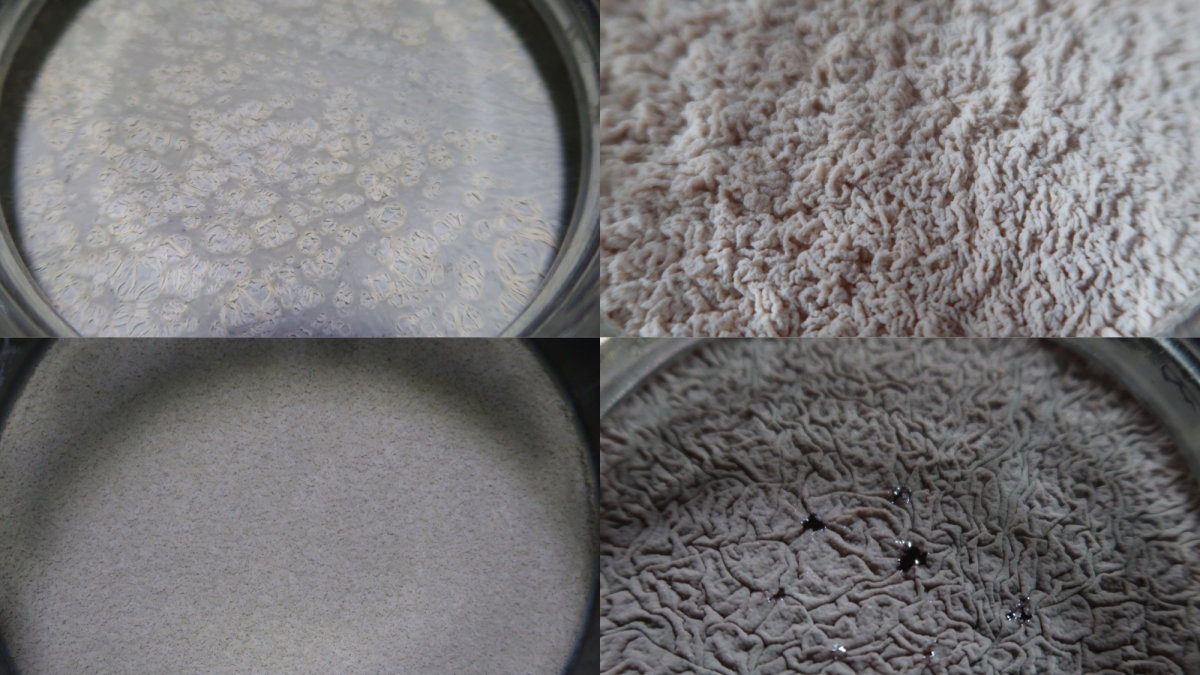
I’m not a doctor. I’m empirical.
In the past, they were used in famous sanatoriums and clinics, considered indispensable for patients during convalescence. There was no restorative medicine that did not contain Jerez wine * in a certain proportion.
You’re gone and it’s my pain
Don’t touch me: my condemnation
Seville. Year 1882. International Medical Congress. During his celebration, the following conclusions were reached:
– That wines actually grown in Jerez * are not harmful to health, if they are used sparingly in a physiological state.
– Containing not only thermogenic elements, but also nutritional principles.
– That they are an important therapeutic agent and with the most appropriate medicinal formulas to use alcohol in diseases in which its use is indicated, according to the experience of our practice.
A group of physicians, who were part of the Jerezana Medical-Surgical Academy, published in 1883 a report on Jerez wine *, in which they proclaimed that “The action of this wine on the body is restorative, awakening the appetite, facilitating digestion and giving force to all acts, both physical and intellectual, for which its daily use is recommended, especially when there are epidemics, because by toning the body creates certain immunity. relating to these diseases, as he was able to prove to you in Jerez during the cholera epidemic of 1834. “
Doctors, doctors, nurse, nurse. Sanitary, sanitary. My respect, my admiration, I’m sorry.
* Wines from Marco de Jerez: Wines from the southwest coast of Spain: Wines from Sanlúcar: Wines from the Phoenicians: Wines from Atlántida.
I am a viticulturist and producer of natural wines: without additives. I don’t have internet. Radical?
@mysteriosanlucar